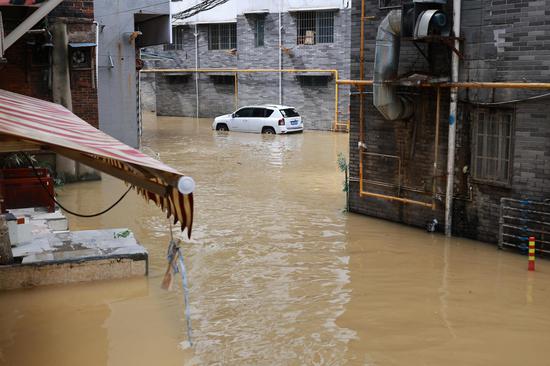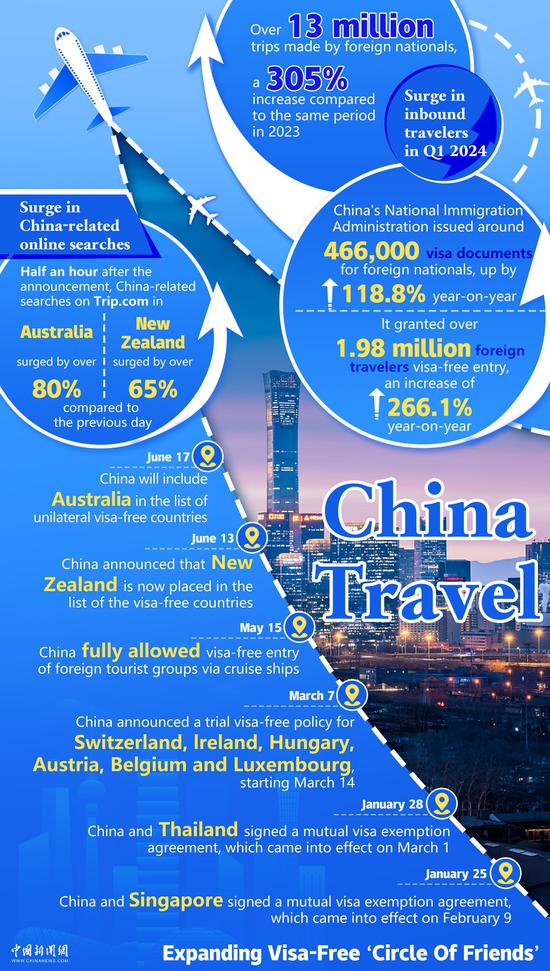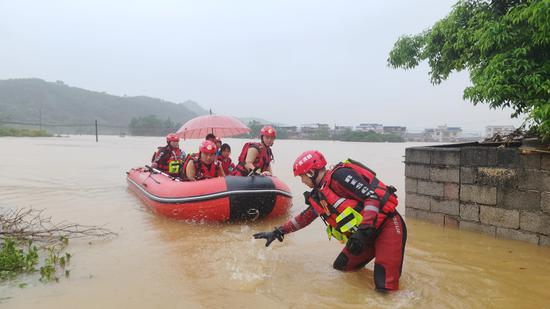The U.S. Centers for Disease Control and Prevention has issued a health advisory alerting authorities, healthcare providers and the public of the increased risk of dengue fever infections in the United States as the highest number of cases of the mosquito-borne viral disease have been reported in some countries of the Americas.
According to the CDC advisory Tuesday, dengue cases resurged globally after the COVID-19 pandemic. In 2023, more than 4.6 million cases and 4,000 deaths were reported in the Americas region. However, in the first half of this year, as of June 24, 9.7 million dengue cases have been reported in the same region, twice as many as in all of 2023.
In the United States, Puerto Rico has declared a public health emergency with 1,498 reported cases. A higher-than-expected number of dengue cases has been identified among U.S. travelers — 745 cases in the same timeframe.
In total, 2,241 cases were reported in the United States as of June 24 while the number was 3,036 for the entire year of 2023. Sporadic cases or small outbreaks have been reported in Florida, Hawaii and Texas.
The CDC found the situation alarming because dengue transmission peaks in summer when it's hot and humid, and the record-breaking numbers were reported during dengue low season.
The CDC said that only a quarter of infected people have symptoms, which can be mild or severe. Symptoms begin after an incubation of five to seven days and include fever accompanied by nausea, vomiting, rash, muscle aches, joint pain, bone pain, pain behind the eyes, headache or low white blood cell counts.
Warning signs include abdominal pain or tenderness, persistent vomiting, mucosal bleeding, lethargy or restlessness.
The CDC warned that infants less than a year old, pregnant women, older adults over 65, and people with certain medical conditions are at increased risk of severe dengue and could die from it.
The CDC advised that due to the large increase of dengue cases both globally and domestically, healthcare providers should take steps including paying extra attention to patients with fevers who have traveled to countries with increased dengue cases; ordering appropriate diagnostic tests; reporting found cases accurately; and stepping up mosquito-biting prevention.
There are no antiviral medications approved to treat dengue, and current treatment targets management of symptoms, according to the CDC. A dengue vaccine for children ages 9-16 has been developed, but its production was halted due to low demand. There is no vaccine for adults.
A Washington Post reader shared his experience with readers anonymously, declaring that he's one of the 745 Americans who contracted dengue while traveling in the Caribbean and got sick after returning to the U.S..
"I had an acute case with all of the symptoms noted in this article and went to the ER twice. My medical bills will be $15,000. There was no remedy and doctors (at no fault of their own) had to look up what treatments to offer a dengue patient because they had never encountered this disease," the reader wrote.
Speaking from personal experience, the dengue survivor said the world needs to take "swift action". Besides mosquito-biting prevention, "vaccine research and production is imperative. Also, education campaigns for travelers and residents alike is key."
Another reader agreed. "It is a very serious health risk, something that can't be emphasized enough, as most Americans are unfamiliar with the disease," a reader named Somerville wrote. "Many years ago, I arrived in India during a dengue outbreak and saw firsthand how very ill it can make someone, even a young and healthy person. High fever, intense pain, severe headache, near delirium."


















































 京公网安备 11010202009201号
京公网安备 11010202009201号